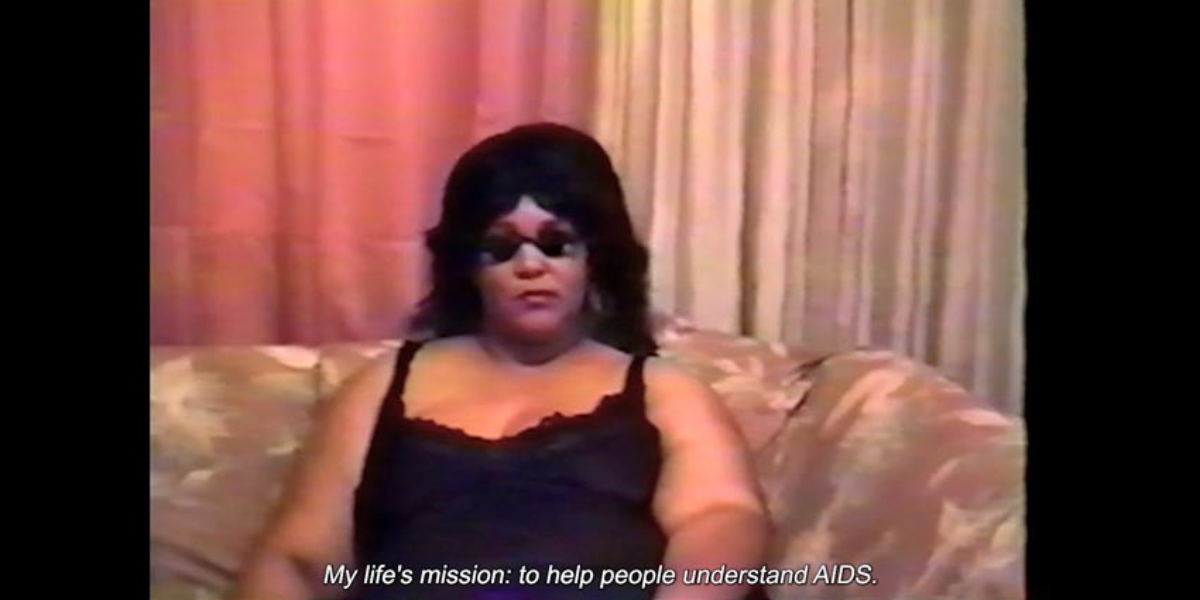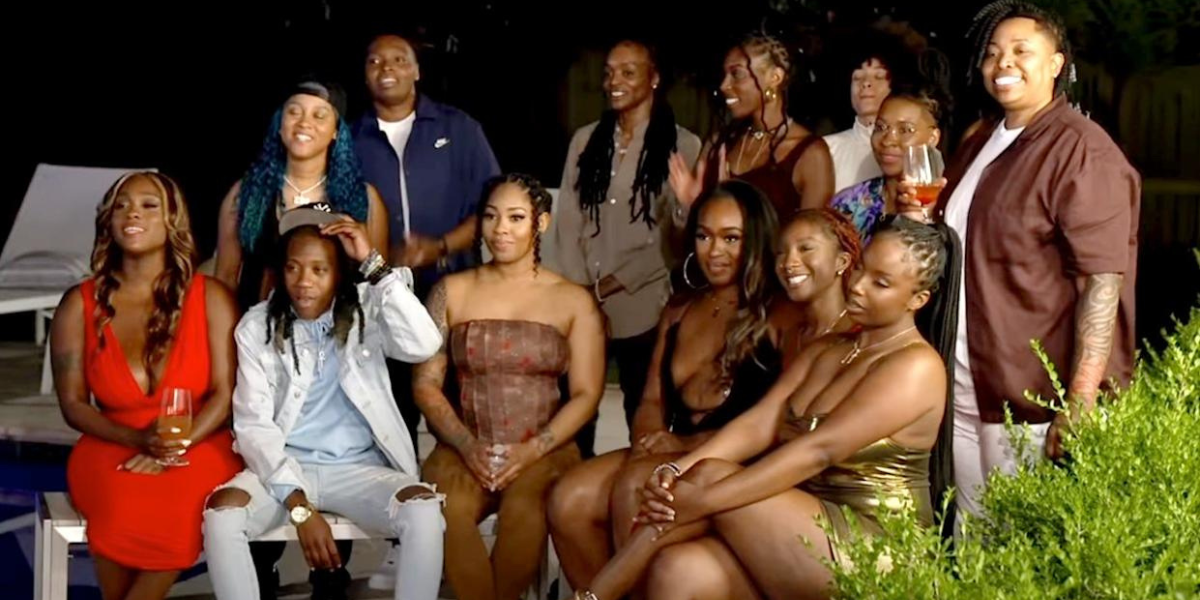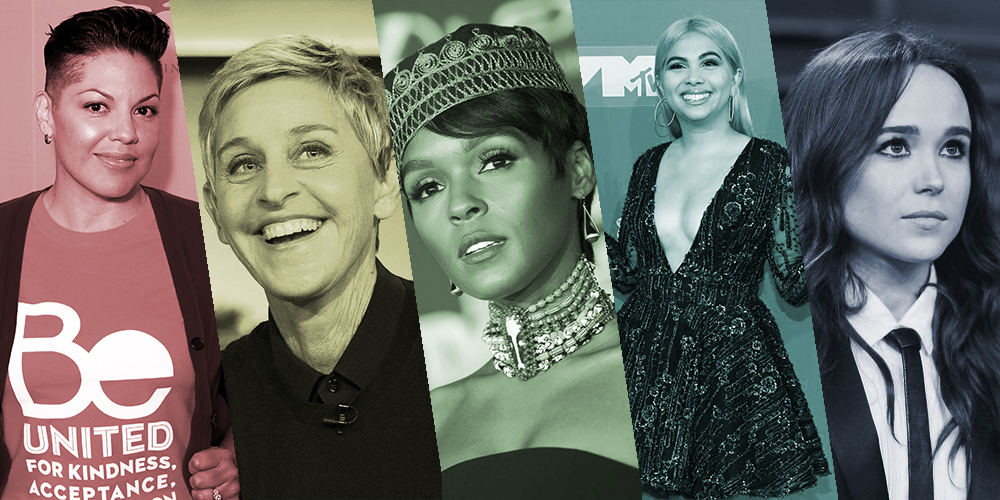Into the AF+ Advice Box
Need Advice? Talk Queer to Us
Have a dream you want interpreted or a question for the tarot?

Credit
Test Test
Subtitle
When this film came out in 1983, its story about a woman leaving her husband to be a lesbian felt fresher than it does today. (Although it wasn’t the first — A Woman Like Eve beat it by four years.) But I think modern audiences would be surprised to revisit this classic and discover how sharp and moving it remains.
Article Roundups
Featured Archive
Princess Bubblegum and Marceline Smooch On-Screen, Live Happily Ever After in the “Adventure Time” Series Finale
Rebecca Sugar is Bisexual: “Steven Universe” Creator Comes Out at Comic-Con

Getty images
Advice Box – New
My custom title
My custom description

Block Title
Subtitle
Made from recycled plastics and in a variety of fun colors, the Zinken headphones are making us want to go old school and plug back in. Zinken is a well-balanced headphone with loud and clear sound, making it the perfect tool in the DJ booth. Wired with a reversible TurnCable™ there is no need to worry about adaptors. The tough yet flexible on-ear construction feel comfy, no matter how long and rowdy your gig gets.
Frequently Asked Questions

Where do your member dollars go?
Do you provide ongoing support?
Article Carousel
Become a Member
Become a Member to support queer journalism
Featured Series


















